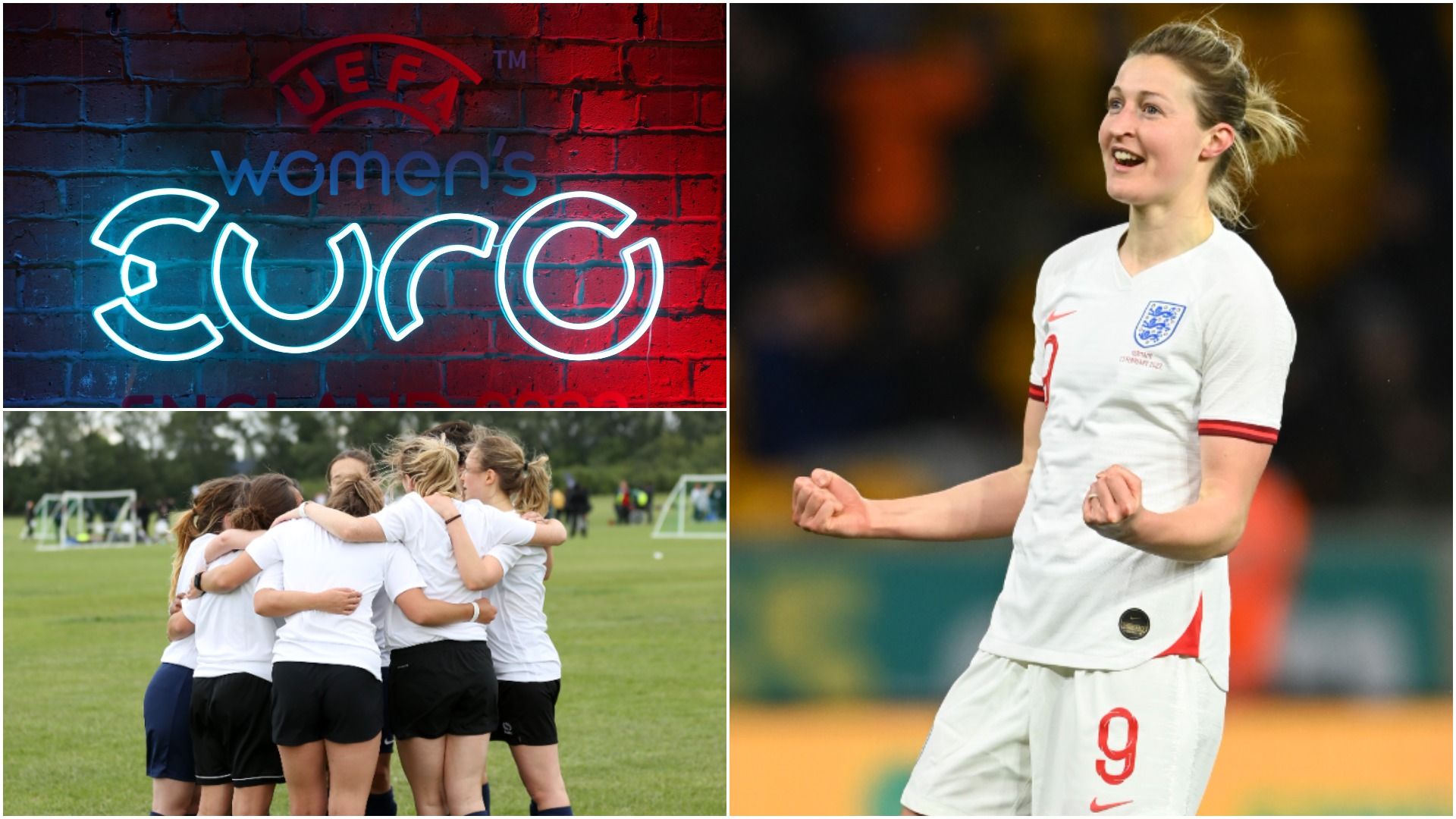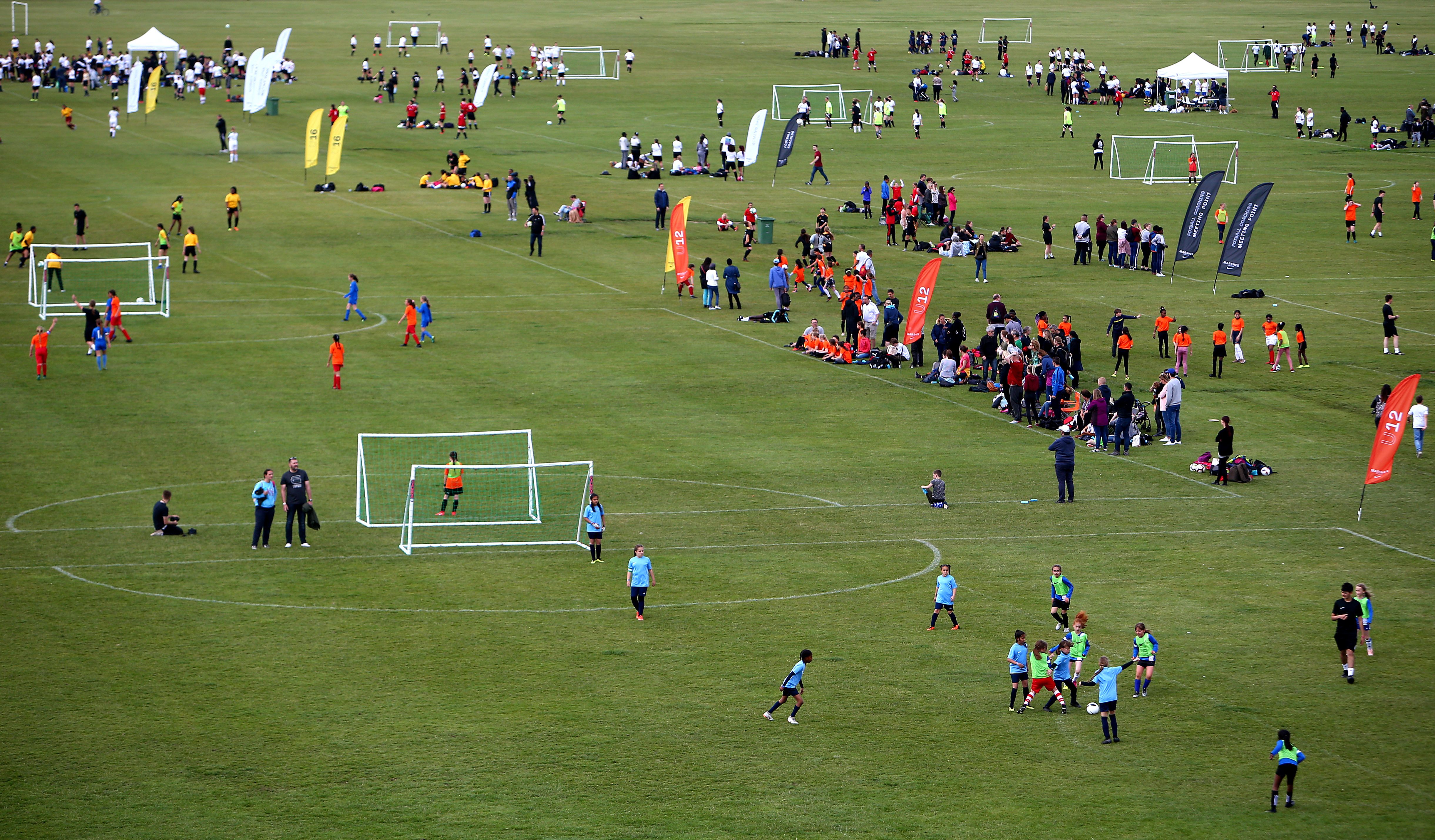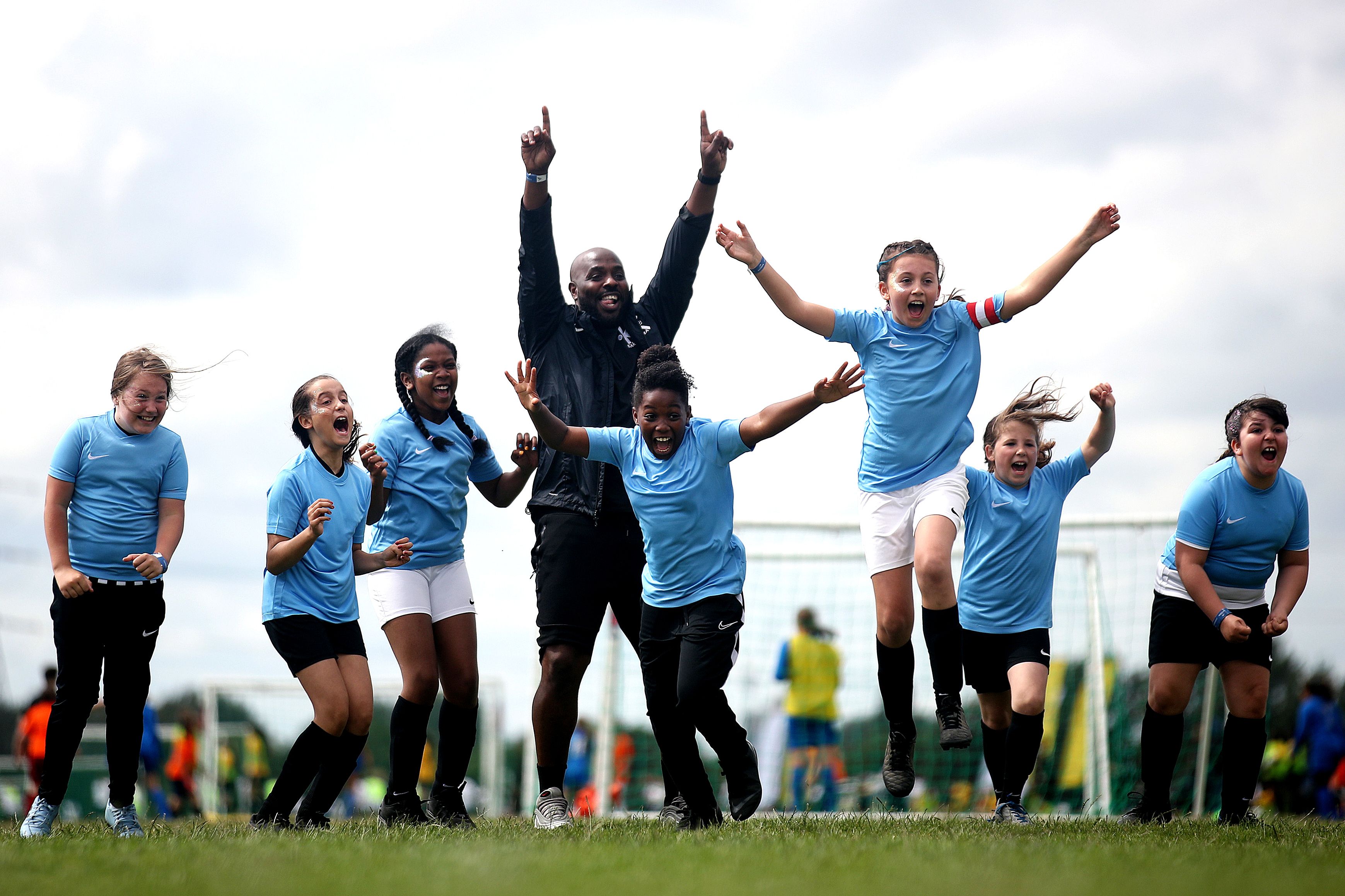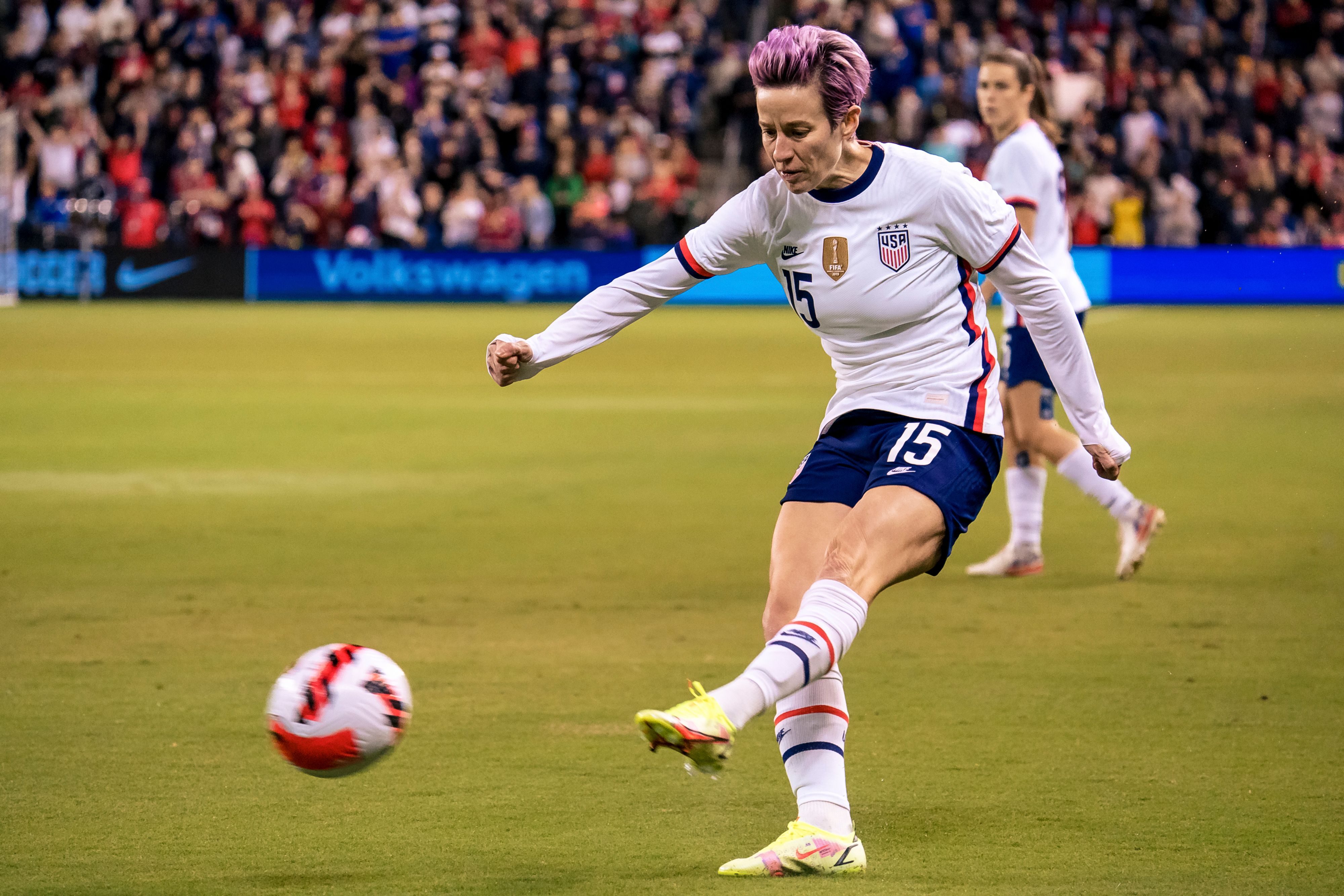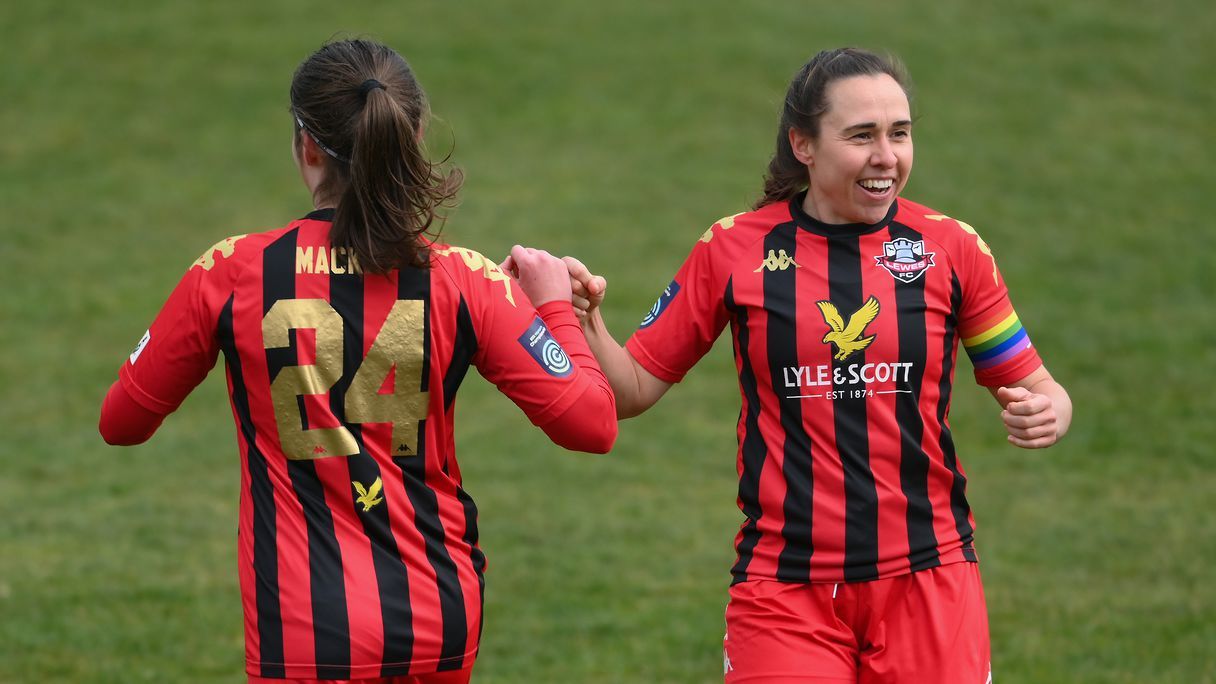Improving the nature of women’s grassroots football is something which has long been identified as necessary, but could Euro 2022 finally be the catalyst for meaningful and permanent change? England’s success at the FIFA World Cup in 2019 sparked a new legion of women’s football fans. Lucy Bronze, Ellen White and Nikita Paris became inspirational icons for the younger generation and helped incite many to take up the game themselves. Indeed, the World Cup semi-final between England and the United States at the Parc Olympique Lyonnais was watched by almost 12 million people and prompted 850,000 new women to take up football in the UK by the end of the year. Euro 2022 could prove to be even more significant. The tournament is set to be the biggest major women’s competition of all time and the potential for growth is limitless. To put this into context, the opening match of the tournament is sold out. All of England’s group games are sold out. The final at Wembley is sold out. In total, more than 400,000 tickets have already been purchased by fans.As Nadine Kessler, UEFA’s chief of women’s football, has frequently reiterated: “This UEFA Women’s EURO 2022 will be groundbreaking from start to finish.â€
The tournament comes at a crucial time for the women’s game. Interest in the sport is growing, largely thanks to Sky and BBC’s new broadcasting deal with the WSL, but the gap between the men’s game remains vast.
Sport England’s 2021 Active Lives survey found that just 0.7 per cent of women aged 16 and over played some form of football, compared to more than five per cent of men.
As a result, the UK government has announced a review into the women’s game, including grassroots football, in an attempt to bridge the gap between the men’s and women’s game.
Here’s a look at existing grassroots initiatives, which factors still need to be addressed and how Euro 2022 could mark the start of a new and improved era for women’s football.Â
Current grassroots initiatives
The need to improve the structure of grassroots football is far from a new concept and various schemes already exist that are designed to improve women’s football from the bottom up.
UEFA announced the Football in Schools initiative in September 2019 and pledged €11 million (£9.5m) over four years to improving school football.
Available to all 55 UEFA member institutions, the scheme recognises that schools are ideal partners to give all children the opportunity to play football in a safe space.
However, the Covid-19 pandemic and forced closure of schools have impacted the programme’s rollout across Europe.
While UEFA has tried hard to deliver webinars and employ other strategies, the initiative is yet to have its intended impact.Â
Aside from investing in schools, the FA has recently announced the Empowering For Success strategy, which will see £1m of investment from the Premier League over each of the next three years put into the third and fourth tiers of English women’s football.
The hope is that this will enable the leagues to "flourish both on and off the pitch through the development of players, workforce and infrastructure."
Other campaigns include the #WePlayStrong initiative, which was launched in 2017 and aims to transform the perceptions of women’s football.
Ultimately, the scheme attempts to inspire girls to engage with women’s football and builds the visibility of role models for young girls to aspire to.
The #WePlayStrong community is supported by the likes of Megan Rapinoe, Pernille Harder and Vivianne Miedema.Â
What needs to be improved?
Though efforts have been made to improve women’s grassroots, there is still far more to be done.
A survey from Women in Sport found that more than a million women had lost interest in playing sports as teenagers.
With regards to football, the lack of safe facilities and the absence of a clear pathway into the game were chief among the reasons why this figure is so high.
Charlie Dobres, the director at semi-professional side Lewes FC, told Sky how the women’s game could be improved.Â
"Rebuild it culturally so little girls understand and accept that football is for everybody," he said.
"It is so important to create opportunities for young girls to see football as a thing. The coverage from Sky and BBC has been a game-changer.
"There is a real uptick in interest, but they have to have the facilities and opportunities to play, from primary school."
Lewes announced their Equality FC initiative back in 2017 and remain the only football club in the world to allocate equal resources to their men's and women’s teams.
The club epitomises how teams and individuals can thrive if sufficient resources are allocated to women’s football and will hopefully lead other clubs to implement similar models.
How will Euro 2022 help?
UK sports minister Nigel Huddleston has stressed the government is “right behind women’s sport in every aspect.â€
This year’s Euros will be broadcast in the UK on free-to-air television, with all matches available to watch on the BBC.
Kessler has also stressed that “the biggest women’s sports event in Europe will provide an unprecedented opportunity for us to inspire the next generation of players and fans.â€
The UEFA Women’s Euro 2022 legacy programme is designed to do just this.Â
The tournament will be held across eight cities and by working with host city stakeholders, the aim is to help develop women’s football in the likes of Sheffield, Rotherham and Southampton, among other places.
Each host city has a local legacy plan which sets out ambitions across “participation, coaching and refereeing†up until 2024.
The goals of the campaign are to create equal access for all girls to play football in school and clubs, as well as create a diverse workforce of coaches, referees and local leaders.Â
Further to this, there will be a focus on creating a safe and welcoming environment for every woman and girl to play grassroots football.
Baroness Sue Campbell, the FA’s director of women’s football has stated the aim of the Euros is twofold: “Deliver a record-breaking tournament and leave a tangible legacy to grow the women’s game.â€
And as Sarina Wiegman’s side gear up for their opening game against Austria at Old Trafford next month, fingers crossed the competition can deliver on both fronts.




















